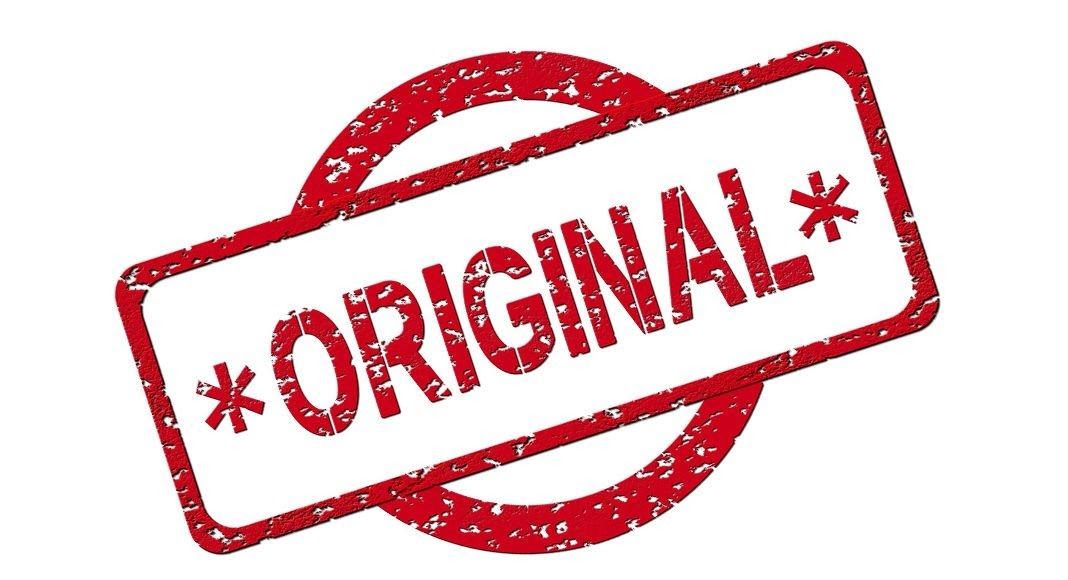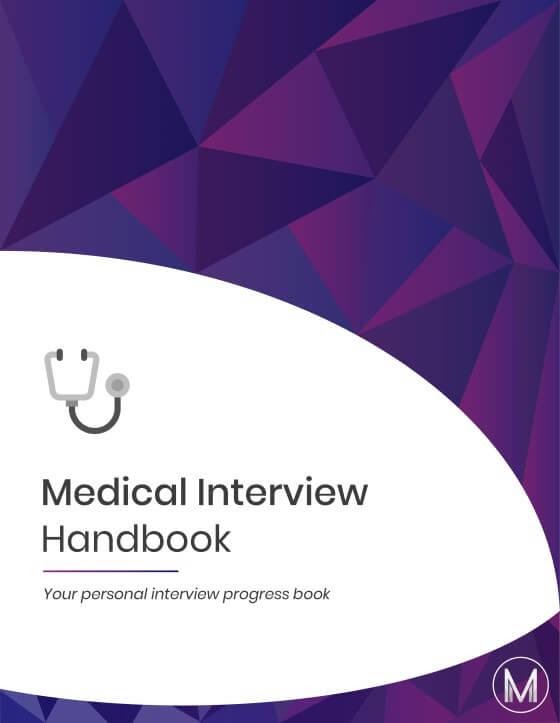

Table of Contents
What can I copy for the homework?
Writing a Homework is not always as easy as you might imagine. The Internet is of course a good way to easily search for suitable sources and information. But do you really have to reformulate all the information found and mark it as sources? Copy and paste – and that’s it! If you think that way, sooner or later you will have a rude awakening. Because plagiarism is not at all welcome in homework.
PLAGIARISM – a word with a far-reaching meaning. In the following article we will explain what plagiarism is and what information you can safely use in your homework. Although this articles covers a lot of aspects related to plagiarism and duplication, you can contact MedicMind for more information about Plagiarism and also you can find the best medicine interview tutors here.


What is plagiarism?
Everyone has their own thoughts and views on a particular topic. If you now put this on paper, it is a written down intellectual property. And intellectual property is subject to copyright. So it cannot be used or used that easily and without the permission of the author.
Let’s just imagine; you are sitting at a text, for example an interpretation of a book. You really think about it a lot and then put it down on paper. Not only are you satisfied with your work, but also your professor or lecturer. Because your interpretation is so successful, it will be published on various platforms.
Years go by and at some point you will find out that someone pretends to be your interpretation or even passages from it as their own and maybe even reap laurels. Would you be mad Certainly? Because someone else adorns themselves with your feathers and their stolen interpretation is plagiarism.
Plagiarism is not a trivial offense
So plagiarism always involves theft of intellectual property. In other words, a scientific or artistic work is being illegally imitated or published. Due to the possibilities offered by the Internet, students keep thinking that texts or passages from works that can be found on the Internet can also be used freely. After all, everything that is freely accessible on the Internet is free. But this mistake can be very expensive. Because plagiarism has long had nothing to do with a trivial offense.
What if I get caught?
Plagiarism can have far-reaching consequences for you. For one, you’ll get a lot of trouble at your university or college if it turns out you’ve used plagiarism. Under certain circumstances, you may also be banned from studying. Possible diplomas or certificates can also be withdrawn from you. Because the trust in you is now gone.
But it is perhaps more important that copying from the Internet or from other sources is an administrative offense. In this case you will have to pay a fine. And this can be several thousand dollars. For this reason, you should stay away from plagiarism. Even if it seems a lot easier at first, it will bring you more trouble than benefit.
How do I check my work for plagiarism?
The term paper or the bachelor thesis is finished, but you still have a queasy feeling? Maybe there is plagiarism in your work after all or someone else has helped you and you just want to play it safe again? All in all, it’s not a bad idea. Better to check once more than too little. There is now special software that can detect plagiarism. But more on that later. You may also be able to tell whether there is plagiarism while reading through the work.
Pay attention to whether:
- You change the tone.
- You write incomplete sentences and then use a perfectly formed subjunctive again.
- You find formatting breaks in your work.
- You have strange spelling mistakes.
Who offers plagiarism checks?
Our partner, Medic Mind, works directly with the official plagiarism check from Turn-It-In. Turn-It-In is also used by most universities, so it is very helpful for students to find out what the university is getting for a result.
What is also special about the plagiarism check is that all possible journals are searched (such as: Springer, Elsevier, etc.). In addition, the exam is carried out within 10 minutes, anonymously and privately – this means that the universities cannot find out that their students have already checked the work themselves.
Regardless of whether it is a simple term paper, bachelor thesis, master thesis, dissertation or doctoral thesis – your work is compared with billions of sources in the Turn-It-In database and thus offers you the best possible protection against accusations of plagiarism. After you have uploaded your work, after a few minutes you will receive a document in which it is clearly marked whether and, if so, with which sources there were matches. Of course, your work will never be given to third parties or stored in a public database.


What are the possible consequences?
The consequences can be very different. As already mentioned, a fine can be imposed. The most important point of all, however, is that if you get caught, you will be very embarrassed. Not only do you find yourself in need of explanations, but you have also lost the trust of your lecturers and the university or college.
However, there is no standard procedure how universities or technical colleges deal with when plagiarism is found. Some take it as satisfaction that the student has embarrassed himself and hope that he learns from his mistakes and give him the opportunity to submit a new work. And other institutions impose fines and exclude the student from further studies. It is also possible to withdraw degrees or grades that have been awarded. Since plagiarism is increasing in scientific work, most universities are also resorting to increasingly harder methods.
Some federal states have new university laws that allow copiers to be thrown out of college faster. There are now also universities that de-register a student the second time a plagiarism is used. If you have also completed your degree with plagiarism, you should not feel too safe. Because if the plagiarism is discovered after the test, it can also be withdrawn from you. And this is exactly what can have far-reaching consequences. Especially if you applied to an employer with this degree. In this case, the plagiarism can also be assessed as fraud.
How can I avoid plagiarism?
In general, it should be your goal in a term paper or bachelor thesis not to use plagiarism. As already read, this just creates more trouble. The following three tips can help you not to use plagiarism in your scientific work. This saves you a lot of trouble and allows you to concentrate fully on your studies.
- Don’t always do research on the Internet. Of course there is a lot of information here, but a visit to the library doesn’t hurt either. With a verbatim quote, you should always make sure that you copy it from the original work. Do not forget to indicate the sources and the place where they were found. There are only a few exceptional cases in which you can take over secondhand. If you are not quoting from an original, you have to note this accordingly.
- If you take arguments, complexes of ideas or even trains of thought from another author, you must also note this in your work.
- You should always find out from your lecturer beforehand how and whether you are allowed to quote from the Internet. For others, this is a complete no-go. In this case, too, it is important that you always state where your quote was found. In this case, that means not just the entry page, but the exact web address and the date it was found. To be on the safe side, you should print out the quoted passages from the website. Unfortunately, the Internet is very fast-paced and websites can change from time to time.
Conclusion
Plagiarism has long ceased to be a trivial offense. And so you should definitely make sure to avoid these in your scientific work. If not, the possible consequences can cost you your studies and thus your professional career.
